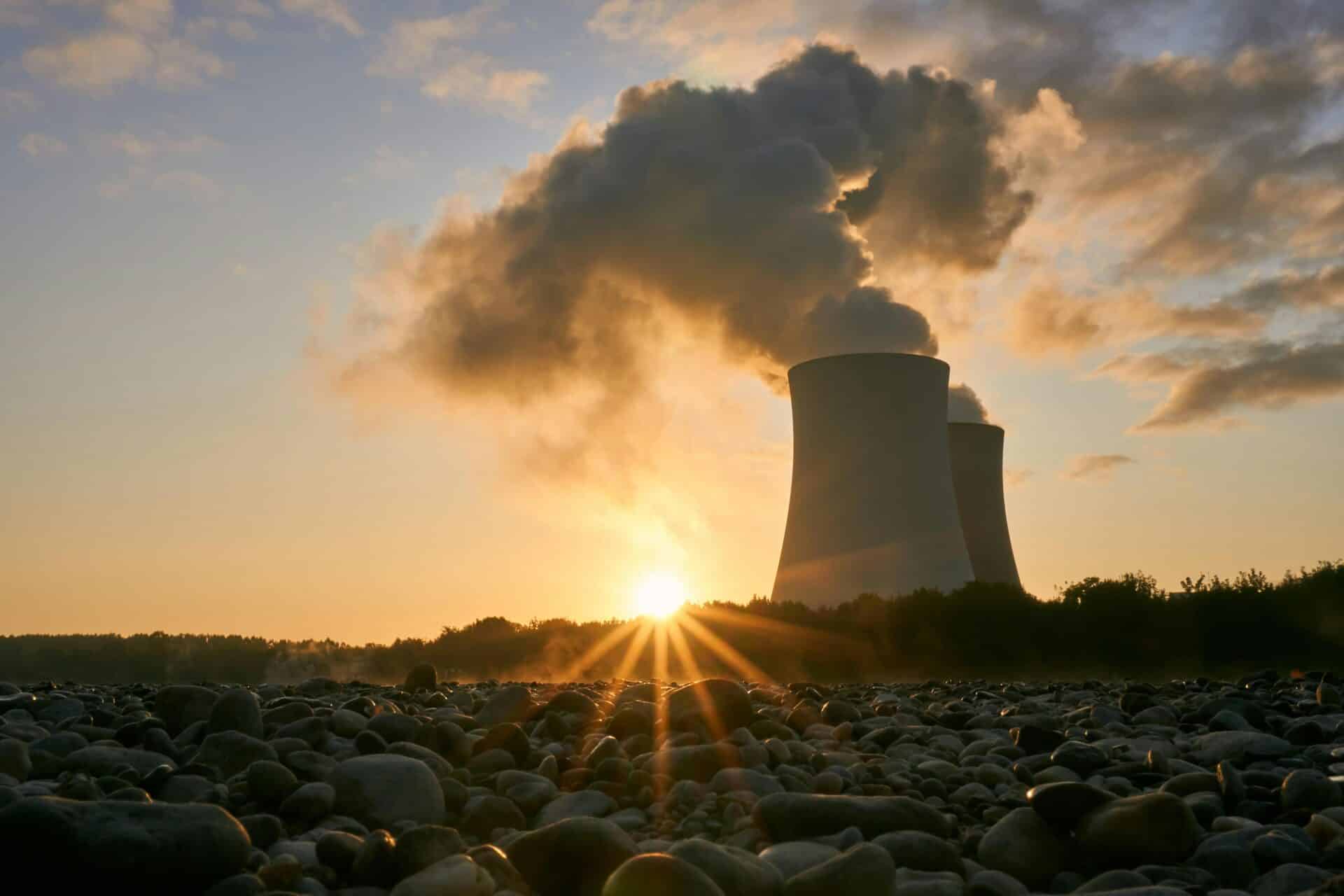In May, geological work will commence at the site of the planned construction of Poland’s first nuclear power plant in Pomerania. The initial phase of the study will conclude this year, with the results being incorporated into the ongoing design process of the power plant by the Westinghouse and Bechtel consortium. “We want to thoroughly understand the structure of the soil on which the power plant will be based. This will allow us to refine the plant design from a safety perspective,” emphasizes Leszek Hołda, President of Bechtel Poland.
The initiation of geological studies marks a milestone in the agreement signed in September 2023 for the plant’s design. These studies will detail the previously conducted exploration of the geological, engineering, and hydrogeological conditions of the site. Bechtel, a member of the American consortium executing the project, is responsible for the geological investigations.
“The mobilization of fieldwork is a significant step for us. We are entering the construction site, and this is something that can finally be seen, as so far, the focus has mainly been on office work. Now we will see the first results related to fieldwork,” says Leszek Hołda in an interview with Newseria Business.
The studies will be conducted until November of this year over an area of approximately 30 hectares in Lubiatowo-Kopalino in the Pomeranian municipality of Choczewo. The work will involve about 220 research points with depths ranging from 20 to 210 meters.
“These boreholes are intended to thoroughly understand the soil structure where the power plant will be based. This, among other things, will allow us to refine the power plant project from a safety perspective, including tectonic movements, soil electrical resistance, and the structure of the soil itself. These are very important pieces of information that will later be used in the project itself,” explains the President of Bechtel Poland.
P.S.D., a company based in Słupsk, will conduct the geological work, having signed a contract with Bechtel at the beginning of April.
“This is part of our philosophy for executing this project, namely focusing on local content, Polish entrepreneurs, and Polish contractors who will be able to participate in this project,” points out Leszek Hołda. “After completing this project, we will sit down to finalize the contract for execution, and I think that will be in the coming months, in which we will focus on developing the best model for executing this project.”
The results of the geological studies will be used in the design process of the power plant, which primarily involves designing the main building structures – three nuclear blocks, the inflow tank, the cooling water canal, and the discharge canal for cooling waters. These studies will also produce a Location Report, which will help the company Polskie Elektrownie Jądrowe obtain a construction permit from the State Atomic Energy Agency.
The engineering work will focus on adapting the project to the technical and regulatory requirements applicable in Europe and Poland. The contract with Polskie Elektrownie Jądrowe regulates cooperation in the process of obtaining further permits, including the development of a technical specification for the preliminary design of the planned nuclear power plant.
“We have a very clearly defined list of products that we should deliver as part of the agreement signed last September to design the nuclear power plant in Choczewo. Among other things, these efforts will enable us to update the schedule and budget for the entire undertaking, precisely because we will have completed the project. The next step, which I believe is a very wise solution from the investor’s perspective, will be signing the contract for the execution of construction-related works,” explains the President of Bechtel Poland.
The Polish nuclear power plant will be based on the latest experiences of the Westinghouse and Bechtel firms, particularly from the construction of the Vogtle-4 nuclear block in the USA, which introduced improvements over the earlier Vogtle-3 block. Experienced employees involved in both projects will also be engaged in activities for the planned power station in Pomerania.
“As part of this work under the current contract, we are constructing a list of the most significant risks and their mitigation together with the investor, using our experiences from the most recent project completed in the United States, namely the Vogtle-3 and Vogtle-4 projects, two reactors that are now operating commercially using AP 1000 technology. We want to utilize as many lessons learned from that project in the Polish implementation,” says Leszek Hołda.
Under the agreement with Polskie Elektrownie Jądrowe and the consortium of Westinghouse and Bechtel, to involve Polish industry in the construction of the power plant, provisions include trips to the USA for Polish employees to further develop key competencies in designing and safely operating the latest generation reactors.
Additionally, to prepare personnel for the needs of developing nuclear energy, Bechtel has signed agreements with Warsaw University of Technology and Gdańsk University of Technology to develop a new program supporting training for specialists interested in constructing and operating Poland’s first nuclear power plant.
“As part of the cooperation, we will be transferring know-how from the United States to Poland on how to prepare graduates for work in projects involving nuclear facilities. We are a participant in the Clean Technology Training Center project, which was opened by the Ministry of Climate and Environment along with the U.S. Department of Energy. So, there are many initiatives that aim to ensure that we care for our personnel and have graduates ready in time to join our project,” emphasizes the President of Bechtel Poland. “Poland, it must be said openly, is not a nuclear country. We do have one test reactor and some initial competencies exist, but we lack experience in constructing nuclear facilities. Hence our initiatives to support the education system in Poland.”
